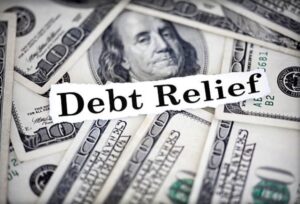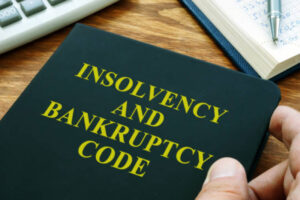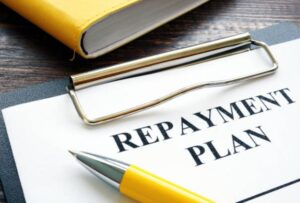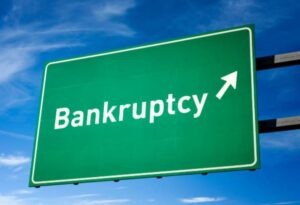Debt relief sounds like a dream, right? You wake up, and poof—your debt is gone. But is it really that simple? No. Not even close.
Debt relief isn’t some fairy godmother waving her wand. It’s more like a long, sweaty hike up a hill—but with snacks at the top. So, how does it actually work? Here’s the scoop.
Debt Relief 101: What’s The Deal?
Debt relief is all about helping you pay off or reduce what you owe. That’s it.
It’s not glamorous, but it works.
The goal? Make your debt less overwhelming, your monthly payments more manageable, and your stress levels … not through the roof.
Think of it like a detox for your finances. You’re cutting out the bad stuff (massive interest rates and endless payments) and setting yourself up to feel lighter and freer. Is it easy? Nope. But is it worth it? Absolutely.
The Methods: Pick Your Poison
There’s no one-size-fits-all for debt relief. Here’s what’s on the menu:
- Debt Settlement. You negotiate with creditors to pay less than what you owe. They say, “Okay, pay us half, and we’ll call it even.” Sounds great, right? The catch? It can hurt your credit score. Like, a lot. But if you’re already drowning, who cares if you get a little wet?
- Debt Consolidation. This one’s like bundling all your streaming services into one. You combine your debts into a single loan with a lower interest rate. Bonus: only one payment to keep track of. Downside: You still owe the full amount.
- Credit Counseling. You meet with a financial guru who helps you create a plan. They might even set up a Debt Management Plan (DMP) where you make one monthly payment, and they deal with the creditors. It’s like hiring a personal trainer for your money.
- Bankruptcy. The big one. The nuclear option. Bankruptcy wipes out your debt (or some of it), but your credit takes a nosedive. It’s not for the faint of heart, but sometimes it’s the only way out.
How Does It Actually Work?
First, you face the facts. That means listing every single debt, interest rate, and payment. Yes, even that one you’ve been ignoring.
Next, you pick a strategy. Are you consolidating? Settling? Filing for bankruptcy? Once you decide, it’s all about execution.
Debt relief companies can help, but tread carefully. Some are amazing. Others are scams wrapped in a bow. Do your homework. Check reviews. Ask yourself, “Do I trust this company with my financial future?”
Pros and Cons: Let’s Get Real
Debt relief isn’t all sunshine and rainbows. Here’s the good, the bad, and the ugly:
- Pros
- Lower payments.
- Less stress.
- A chance to start over.
- Cons
- Your credit score might take a hit.
- It doesn’t happen overnight.
- There are fees involved.
Is it worth it? That depends on your situation.
If you’re drowning in debt with no lifeline in sight, it could be the answer. But if you just overspent on lattes for a month, maybe skip the drama.
FAQs You’re Too Embarrassed To Ask
Will my creditors hate me? Not really. They just want their money. Debt relief gives them a way to get paid, even if it’s less than what you owe.
Will this ruin my credit forever? Nope. Your credit can recover. It takes time, but it’s not permanent.
Can I do this on my own? Absolutely. But it’s like cutting your own bangs—it can go very wrong if you don’t know what you’re doing.
Final Thoughts: Is Debt Relief for You?
Debt relief isn’t for everyone. If your debt feels like a mountain you’ll never climb, it’s worth exploring. But if you just need to tighten your budget and stop impulse-buying throw pillows, start there.
Here’s the thing: Money problems happen. They don’t make you a bad person. They don’t mean you’ve failed. They’re just a part of life.
And debt relief? It’s a tool.
Use it wisely, and you can get back to living your best life. Or at least one where you don’t cringe every time your phone buzzes with a bill reminder.
Now go take control of your finances. You’ve got this.









